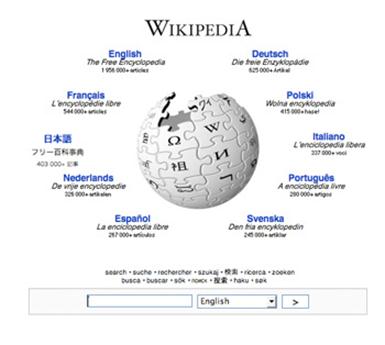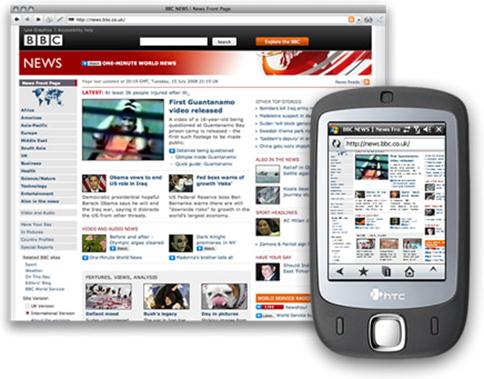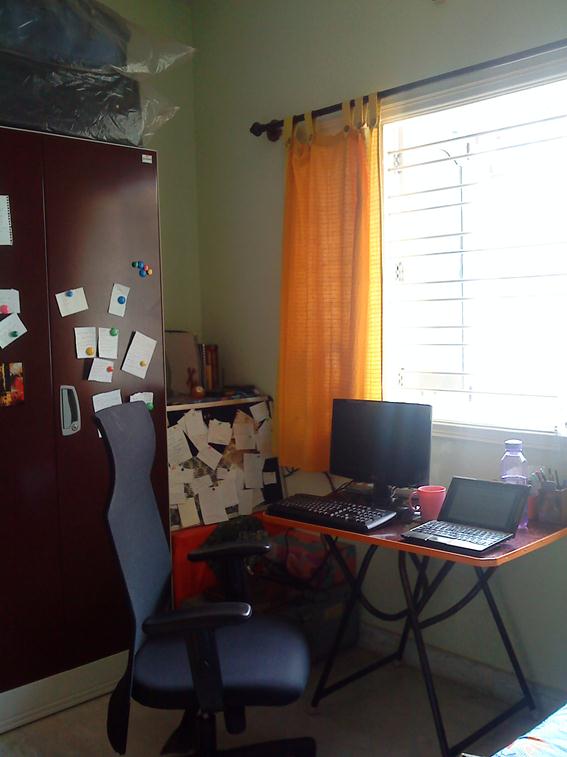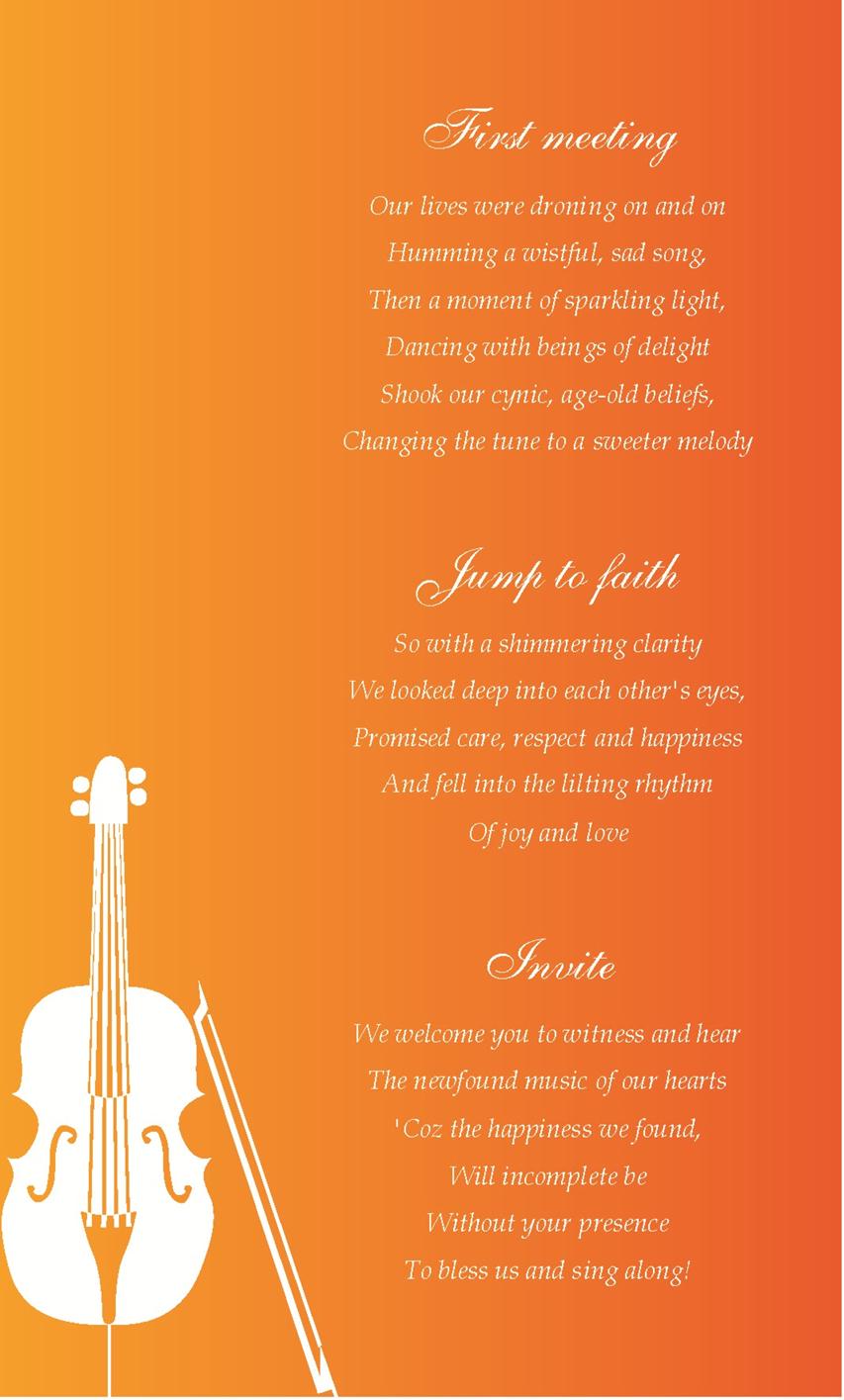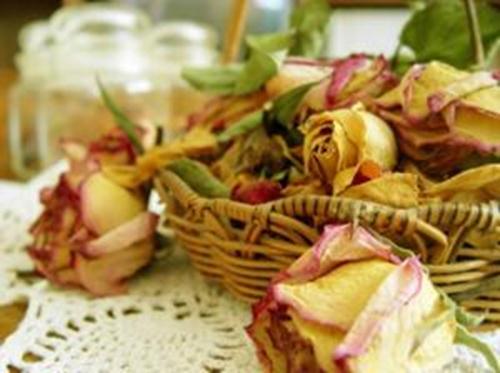Yes, I know it’s too poetic and dramatic. That’s the reason for that question mark there. What do you expect from a writer who is just chartering into an industry which by the looks of it is on its death throes?
Let me start from the beginning. I used to be a journalist. Then one day, I decided I would rather create my own stories and so quit my job and since then have been trying to live the dream of every journalist – that of becoming an author.
It’s not an easy job and I am not talking about the writing only. If I gotten into this industry 15 years ago, I would have had one aim: Get a couple of books out there on the book shelf. And one dream: I pass through a bookstore and see a child picking up one of my books and flicking through it with increasing interest. So much so that she might eventually buy it. Simple.
In olden days (think 10-15 years from now) a writer’s problem was mostly sustaining herself–both economically and emotionally –till she came out with that one winner. That one winner would be published by a publisher of repute or not, marketed decently, covered or thrashed by critics and if you were lucky, you won an award and a celebrity named your book in her favourites.
A couple of books and you could sustain yourself to write more. Basically get yourself an agent/publisher and work as a freelancer with them.
| WRITER |
 |
PUBLISHER |
 |
TRADITIONAL MEDIA / BOOKSTORES |
 |
READERS |
Now my dear reader, it’s a web that a writer has. I talk literally—the World Wide Web or the Net or Internet. The internet has changed the way we writers functioned. It has especially started to show the door to traditional style of publishing.
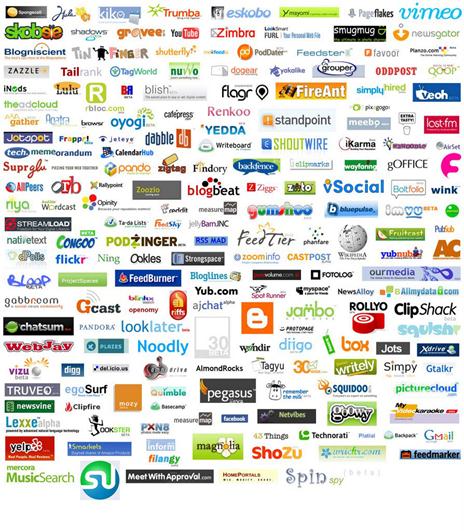
Content, dear friend, has become free and easy to get. We are buying lesser books today than we did some years back. The reason can be youtube.com or Facebook. The reason can also be Wikipedia or Dictionary.com. If you have a ready, searchable encyclopedia online, why would you buy a printed edition which comes which is old as soon as you buy it? Content in today’s world is free. Now logic says that if something is free (like air), you don’t buy it. To sum it up, the print industry is dying as all the content can be read for free online and no one’s buying things written on dead trees anymore. Or so will be the case in another 10-15 years.
The confused lot that are writers, are clinging to different ideas of selling. Publishers are trying out the e-books way. Producing e-books brings their paper, distribution and stock costs to nil. But if it’s all about making e-books, why does a writer need a publisher? Why can’t a reader simply convert her book into an e-book and put it up online? My publisher friend Shobit, is asking the same question in a great blog on e-books and the publisher.
So how does a writer, whose sustenance comes from writing or content creation, survive in this new world?
More and more writers are trying out ‘self-publishing’. It means the writer pays a website some money to publish her work as per demand. So the more people buy, the more you earn. You are marketing mostly. Some savvy websites have also added e-books and services like editing, book layout, marketing and designing as part of the package. The people who I have seen take this route are a mix—some are those who tried and got rejected by traditional publishers. This is their way to pay and get their book published. Then there are those who are tired of the measly royalty that traditional publishing gives—20-30 percent and want more. Then there is a third kind who wants to experiment with this medium, has already published some works the traditional way. I don’t know if this is the new publisher and the new model of sharing the revenues and if it will be successful.
One thing is clear though: In the mess that is the Internet, content (I mean your or my book) needs to be actively advertised to the right people to be read. Else, it will be simply lost. I am sure there must be a sea of e-books lying in archives of internet killed by mismanagement. The writer has to take responsibility of her content. No more is it about convince a publisher and leaving the rest to them. If you want to sell content, you have to be there online, interacting with your readers, convincing them to buy. How do you do it? Maybe the route is one of the above. Maybe those are desperate ways of traditional modes who don’t understand this new dark world.
Maybe the answer is completely different: The story that is interactive, or uses different mediums to be told—a comic book, a video, an e-book, a web application, a mobile app, a game – all seamlessly stitched together. Or maybe it creates a web – as complex as the Web itself—built upon by various people (author and reader) who own and nurture it. Maybe this becomes the new medium, the new novel. The one every traditionalist will call ‘scrape’ or ‘trashy’ before it becomes the norm.
I still haven’t figured out how the author will earn money out of this new world. But one thing remains certain and gives me constant assurance. Everyone still loves to hear a story. I just need to figure out where my readers are sitting, waiting for a story to come by.
More, when I understand this better.

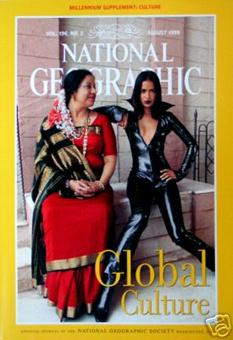 But this blog is not about who’s wrong or who’s right. That would be belittling both their choices. This is about how women are the ones expecting women to fit into an idea of feminist role or into an idea of traditional role. It’s not the men. We don’t need them there. Women are the protectors and keepers of roles—be it traditional or liberated roles.
But this blog is not about who’s wrong or who’s right. That would be belittling both their choices. This is about how women are the ones expecting women to fit into an idea of feminist role or into an idea of traditional role. It’s not the men. We don’t need them there. Women are the protectors and keepers of roles—be it traditional or liberated roles.